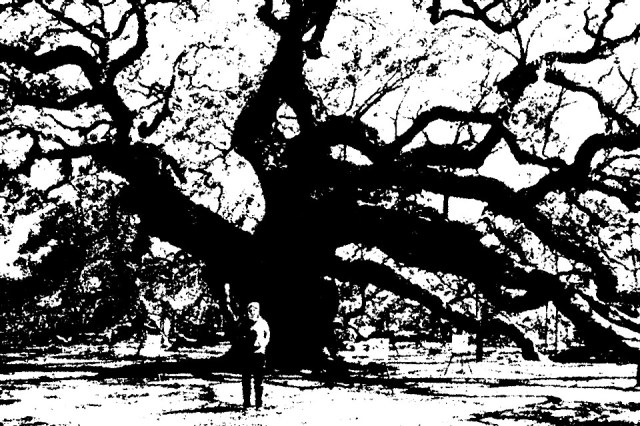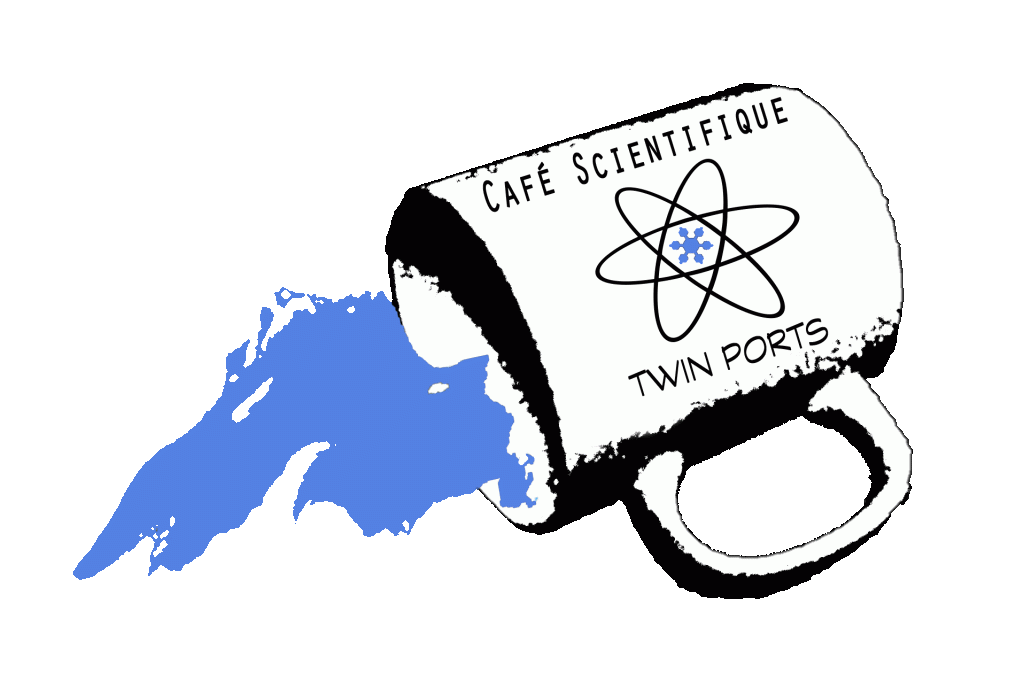
Researching, developing, and applying mathematics to protect our planet and its endlessly fascinating set of inhabitants
CURRENT AREAS OF RESEARCH
Modeling Effects of Toxic Exposure on Wildlife Populations & Toxicity Translation
Wildlife populations face a variety of natural and human-induced stressors. Ecological risk assessors frequently operate in a data limited environment. This research focuses on computational and theoretical development of modeling approaches to leverage available toxicity studies to infer population level effects of exposure on wildlife.
Network Analysis, Knowledge Mining, and Metric Development for Adverse Outcome Pathways
Adverse outcome pathways are an internationally supported and recognized methodology for organizing toxicological knowledge (www.aopwiki.org). My research in this area has focused on developing techniques to analyze information stored in AOP networks as well as approaches for using AOP knowledge to build quantitative models (qAOP).
Aggregation Theory for Multi-Criteria Assessment & Sustainability Assessment
We are constantly confronted with complex, high-dimensional, and diverse data sets, where the goal is to synthesize the information to give an assessment of the state of the system being measured. Assessment is ubiquitous and necessary when one wants to measure progress or changes in a system. This research considers the effect of the aggregation and normalization steps often used in multi-criteria assessment.
SELECTED PUBLICATIONS
Toxicity Translation Modeling – Integrated Environmental Assessment and Management (IEAM) (2025) [In review]
Translating the effects of chemically-reduced fish growth and prey abundance on survival probability of freshwater juvenile salmon – Ecological Applications (2025) [In review]
Investigating vernal pool fairy shrimp exposure to organophosphate pesticides: Implications for population-level risk assessment – Ecologies (2022) [link]
Developing Integral Projection Models for Ecotoxicology – Ecological Modeling (2022) [link]
The Eco-Exposome concept: Supporting an Integrated Assessment of Mixtures of Environmental Chemicals – ET&C (2021) [link]
Stoichiometric Ecotoxicology for a Multisubstance World – BioScience (2021) [link]
Pop‐GUIDE: Population modeling Guidance, Use, Interpretation, and Development for Ecological Risk Assessment – IEAM (2020) [link]
Predicting the Probability that a Chemical Causes Steatosis Using Adverse Outcome Pathway Bayesian Networks (AOPBNs) – Risk Analysis (2019) [link]
Building and Applying Quantitative Adverse Outcome Pathway Models for Chemical Hazard and Risk Assessment – ET&C (2019) [link]
Extracting and Benchmarking Emerging Adverse Outcome Pathway Knowledge – ToxSci (2019) [link]
** A Framework for Linking Population Model Development with Ecological Risk Assessment Objectives – IEAM (2018) [link] **IEAM’s Paper of the Year [link to award]
Adverse outcome pathway networks I: Development and applications – ET&C (2018) [link]
Adverse outcome pathway networks II: Network analytics – ET&C (2018) [link]
Normalization in Sustainability Assessment – Ecol Econ (2016) [link]
Applications of Aggregation Theory to Sustainability Assessment – Ecol Econ (2015) [link]
Science Advancement and Outreach
I want to live in a more curious, informed, and meaningfully connected society. I have dedicated myself to advocacy and creative communication of science and mathematics in my community.
There is no better way to advocate for science than to build connections between scientists and the communities they serve. In 2016, I founded Cafe Scientifique Twin Ports to provide a platform for local scientists to share their research, passion, and stories with the public. We have hosted discussions on everything from the Sharing Science Through Art to The Future of Humans in Space. Through Cafe Sci Twin Ports I am constantly reminded that the people in my community (and in general) are nothing short of amazing.
Update: As of 2025, I maintain my role as director/founder of this organization, leading monthly public science outreach events for the area and am working to expand the science advancement work that can be done in our community.
As rich as the Twin Ports are with talented early-career researchers, they are pretty scattered among different institutions. Sensing a need, I co-founded the Twin Ports Early-Career Researchers in 2016. TPER events provide a venue for early-career researchers to meet each other, share their expertise in their new community, and build skills through various workshops, panels, and discussions.
Update: As of 2025 this organization is still going and growing strong. I have stepped-aside from leading TPER and I currently serve as a resource for the next generation of early-career researchers in the Twin Ports in their ongoing efforts.

